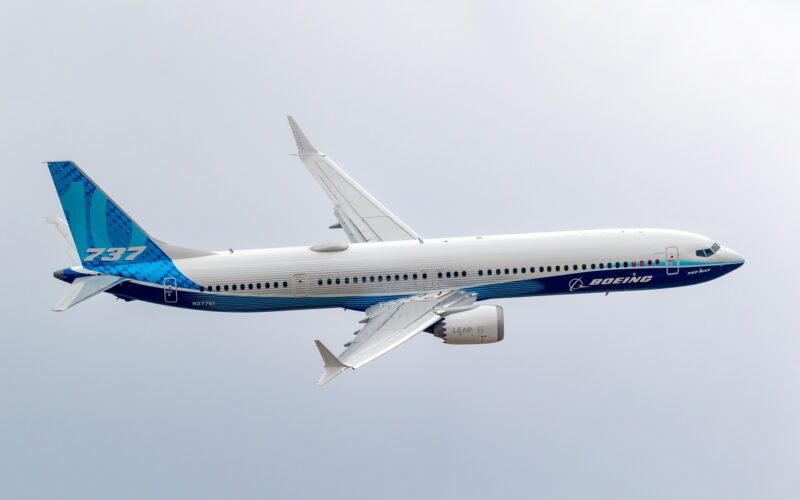Boeing has signaled that the company is making progress with the certification process of both the 737 MAX 7 and MAX 10.
In January 2024, Boeing decided to withdraw a safety exemption request for the smallest member of the 737 MAX family, the 737-7, that related to an anti-icing system that could lead to overheating of the inlet cowl.
At the time Boeing forecast that a solution to the problem, which also affected the 737-10 certification process, could be found within 12 months.
According to Reuters, on May 29, 2024, Boeing said it was making progress on a permanent solution to the anti-ice system issue while the Air Current reported that a design modification had been found by Boeing for the engine inlet.
A source also told Reuters that plans were afoot to begin testing the fix later this year and that certification of the 737-7 could slip to mid-2025.
Air Current reported that successful certification of both the MAX 7 and 10 may not happen until deep into next year.
Boeing had originally hoped that the temporary safety exemption would quicken the process for the 737 MAX 7 to be certified while it prepared a permanent fix ready for roll-out in May 2026.
After the request was made the Federal Aviation Administration (FAA) agreed an interim solution that could be used on the 737-8 and 737-9 models which also faced the same anti-icing system issue.
There were concerns that the anti-ice system could overheat and cause the engine nacelle to “break apart and fall off”.
Pressure on Boeing and its quality procedures has intensified following an incident in which a plug door separated from an Alaska Airlines 737 MAX 9 shortly after takeoff on January 5, 2024.

